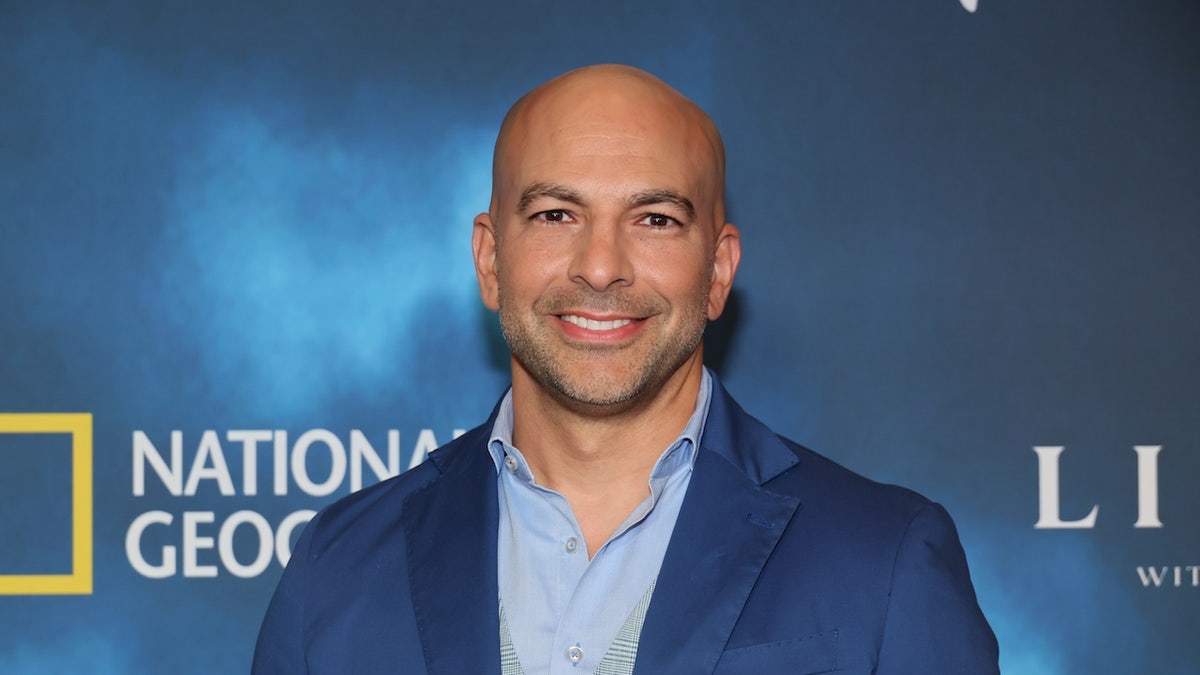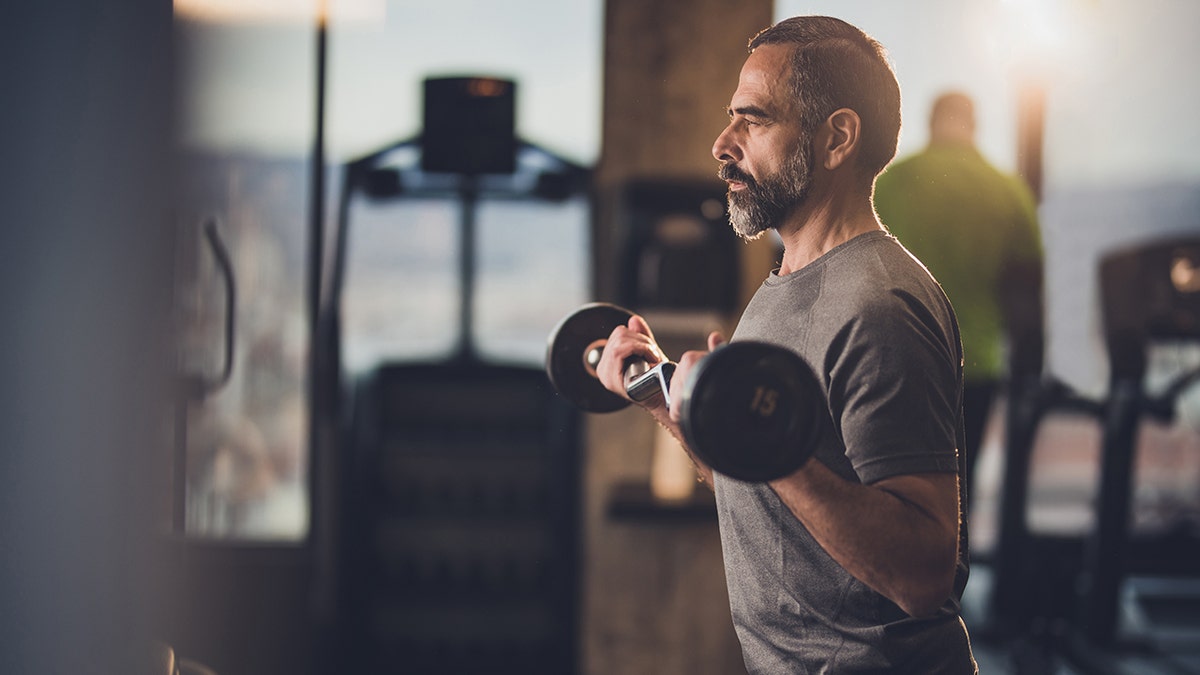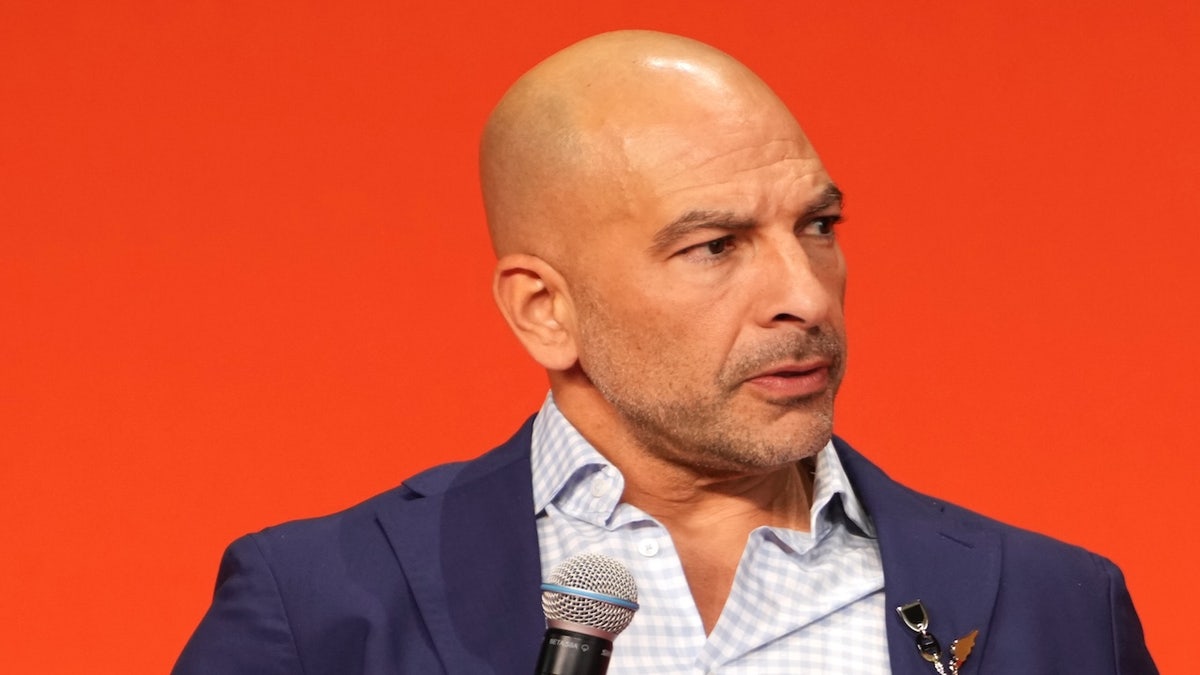
NEWYou can now listen to Fox News articles!
Longevity expert Dr. Peter Attia says most people experience a steep decline in their 70s — but it doesn’t have to be that way.
“At 75, both men and women fall off a cliff,” the Stanford-trained physician, who runs a medical practice in Austin, Texas, said in a recent interview with “60 Minutes.”
During the interview, Attia shared some of his top strategies for not only living longer, but also remaining strong, healthy and engaged, so the last decade is as enjoyable and independent as possible.
7 STEPS TO ‘SUPER-AGING’ ARE KEY TO LIVING A LONGER, MORE FULFILLING LIFE, EXPERTS SAY
This is what experts refer to as “healthspan” — the period of life when one is free from “age-associated maladies,” according to Douglas E. Vaughan, M.D., director of the Potocsnak Longevity Institute at Northwestern University in Chicago.
“There are certainly things that people can stop doing to extend healthspan,” he told Fox News Digital. Some examples include stopping smoking, drinking less, maintaining a healthy weight, getting regular exercise, avoiding processed foods and having good sleep habits.
Below are the five strategies that Attia shared with “60 Minutes.”
Attia recommends approaching life — particularly in advanced age — like an athlete would approach a sport.
As people age, their level of fitness, strength and mobility matters more than many traditional markers, he noted.
7 COMMON FITNESS MISTAKES OLDER ADULTS MAKE AND HOW TO AVOID THEM FOR BETTER WORKOUTS
The longevity expert said he logs about 10 hours per week of exercise — a mix of fat-burning cardio, high-intensity intervals (to boost VO₂ max), and strength training to maintain muscle.
Attia said he alternates between “zone two” exercise, which entails steady cardio activity that allows you to maintain a conversation, and higher-intensity “zone four” training.
Attia recommends closely tracking VO₂ max, which measures the maximum amount of oxygen the body uses during strenuous exercise.
VO₂ max is usually measured in milliliters of oxygen per kilogram of body weight per minute (ml/kg/min).

Longevity expert Dr. Peter Attia says most people experience a steep decline in their 70s — but it doesn’t have to be that way. (Getty Images)
“Your VO2 max is more strongly correlated with your lifespan than any other metric I can measure,” Attia said. “It predicts your risk of death from any cause, even more than your blood pressure, cholesterol or smoking status.”
“I think this is the neglected part of medical testing, is how fit are you, how strong are you, how well do you move?” he said. “And in many ways, these tests are even more predictive of how long you’re going to live than what I might get out of your bloodwork.”
“Your VO2 max is more strongly correlated with your lifespan than any other metric I can measure.”
Attia also uses scans like DEXA (short for dual-energy X-ray absorptiometry), which measures bone density, muscle mass and body fat.
“When you look at things like cardiorespiratory fitness, when you look at muscle mass, when you look at strength, they have a much higher association than things like even cholesterol and blood pressure,” he added.

“When you look at things like cardiorespiratory fitness, when you look at muscle mass, when you look at strength, they have a much higher association than things like even cholesterol and blood pressure,” the doctor said. (iStock)
Attia also is a proponent of full-body MRI scans, which can detect cancers and other conditions earlier for better outcomes, although he warns of the potential for false positives.
He also recommends getting tested for APOE, the gene that indicates an elevated risk for Alzheimer’s disease. Having one copy of the gene roughly doubles or triples the chances of developing the common dementia, while two copies raises the risk by 10 times and lowers the average age of onset by five to 10 years, data shows.
Boosting protein intake has been linked to increased muscle mass and strength, stronger immune function and reduced disease burden, studies show.
Attia recommends consuming more than twice the protein recommended in current nutritional guidelines.
CLICK HERE TO GET THE FOX NEWS APP
The recommended dietary allowance (RDA) for protein is 0.8 grams of protein per kilogram of body weight per day, which would be 55 grams for a 150-pound person or 73 grams for a 200-pound person.
Emotional and mental health are just as important as physical health, according to Attia.
CLICK HERE TO SIGN UP FOR OUR HEALTH NEWSLETTER
“It’s as much a practice as what I put into exercise, blood work and cancer screening,” he said.
“By working hard on our physical health, we can reduce the rate of decline,” Attia went on. “But if we’re being deliberate and active on our emotional health, it can actually improve.”

“By working hard on our physical health, we can reduce the rate of decline,” Attia said. “But if we’re being deliberate and active about our emotional health, it can actually improve.” (Getty Images)
The expert credits his wife of more than two decades for enabling his progress.
“Just like the exercise data, I don’t think this is just a correlation,” Attia said in the interview. “I really think that there is also some causality that flows from the end of having great relationships to living a longer life.”
TEST YOURSELF WITH OUR LATEST LIFESTYLE QUIZ
Vaughan echoed that the common denominator in “super agers” involves a supportive community, a healthy social environment and regular contact with people who care for one another.

Attia (not pictured) said he logs about 10 hours per week of exercise — a mix of fat-burning cardio, high-intensity intervals (to boost VO₂ max), and strength training to maintain muscle. (iStock)
While decline is inevitable, Attia said his goal is to make what he calls the “marginal decade” as enjoyable as possible.
“The marginal decade’s not going anywhere. We will all have a final decade of life,” he said.
CLICK HERE FOR MORE HEALTH STORIES
“The way I explain it to my patients is, that last 10 to 15 of your years — if you don’t do anything about it, you will fall to a level of about 50% of your total capacity, cognitively [and] physically.”
Fox News Digital reached out to Attia for comment.




Discount Applied Successfully!
Your savings have been added to the cart.